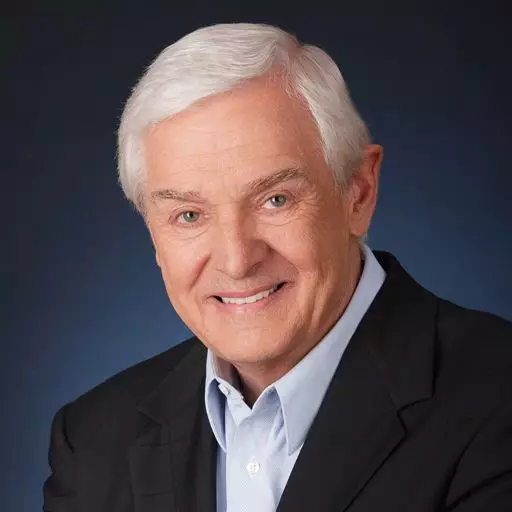In the 1960s, Mission: Impossible became one of television’s most popular shows. It told the story of a group of undercover agents sent out to perform important and dangerous tasks. It was a story of secrecy, a story of covert missions.
Each episode began the same way. One of the undercover agents was given a case file. Inside the case file was an audio recording that detailed his mission. Always included in this message was the phrase, “Your mission, should you choose to accept it …” which implied that the agent had the option of not taking the assignment.
From the visual of a burning match lighting a fuse and the suspenseful theme song to the clandestine manner in which agents received their instructions, Mission: Impossible created a sense of urgency. What if the secret agent had decided not to accept the mission? There would have been tragic results.
Your Mission
We love to live vicariously through the suspenseful stories of fictional secret agents. But as Christians, we have been given a real mission. Your case file is no man-made piece of work; you have been given the greatest instructional manual of all-time, God’s Word. Jesus gave you and me more than a mission; He gave us a Great Commission.
But our mission is not to be covert; instead we have a mission to convert. And like the television show, we too should have a sense of urgency in our mission to reach to the lost. Every believer in Christ must choose to embrace the mission and make it his own.
So your mission—and mine—should we choose to accept it, is to take the Gospel of Jesus Christ to the world and proclaim “liberty to the captives and recovery of sight to the blind, to set at liberty those who are oppressed” by the enemy (Luke 4:18).
His Mission
The Great Commission is essentially the same as Christ’s own mission: “For the Son of Man has come to seek and to save that which was lost” (Luke 19:10). He told the disciples, “As the Father has sent Me, I also send you” (John 20:21).
But His mission was not easy. Jesus had moments of anxiety and suffering. Think about him lying on his face in the Garden of Gethsemane, praying, “O My Father, if it is possible, let this cup pass from Me; nevertheless, not as I will, but as You will” Matthew 26:39. He was obedient to His Father’s mission, even unto death.
Delivery of the Mission
After His resurrection, Jesus gathered His disciples together and delivered to them their mission. Though the disciples could hardly have understood the depth of the mission they had been given, Jesus’ words in John 14:12 probably began to take on new meaning: “He who believes in Me, the works that I do he will do also; and greater works than these he will do, because I go to my Father.” The disciples (past, present, and future) were being commissioned to take Jesus’ physical place in the world—to be His hands, feet, and heart to a world growing daily in size.
But Jesus did not leave them powerless to fulfill their mission. He told them he would send a Helper. And that Helper came in the person of the Holy Spirit (Acts 1:4-5). And what a difference the gift of the Spirit made! The fearful band of disciples who cowered behind closed doors after Jesus’ death became men who turned their world upside down (Acts 17:6).
The Heart of the Mission
Here is what Jesus said to them—and to us: “Go therefore and make disciples of all the nations, baptizing them in the name of the Father and of the Son and of the Holy Spirit, teaching them to observe all things that I have commanded you; and lo, I am with you always, even to the end of the age” (Matthew 28.19-20). Go and preach, baptize, and teach. When those three activities are carried out and obeyed, the result is new disciples who then go and do the same three things until Christ returns.
Jesus accepted His mission and expects us to accept ours: to make disciples of all the nations.
###
Dr. Jeremiah is the founder and host of Turning Point for God and senior pastor of
Shadow Mountain Community Church in El Cajon, California.
For more information on Turning Point, go to



